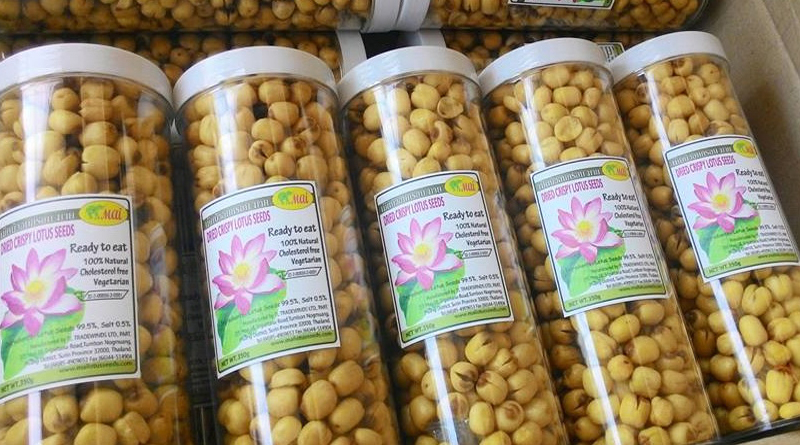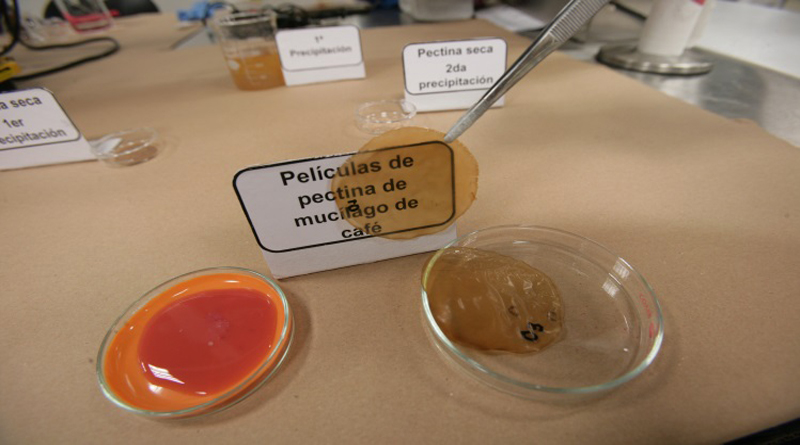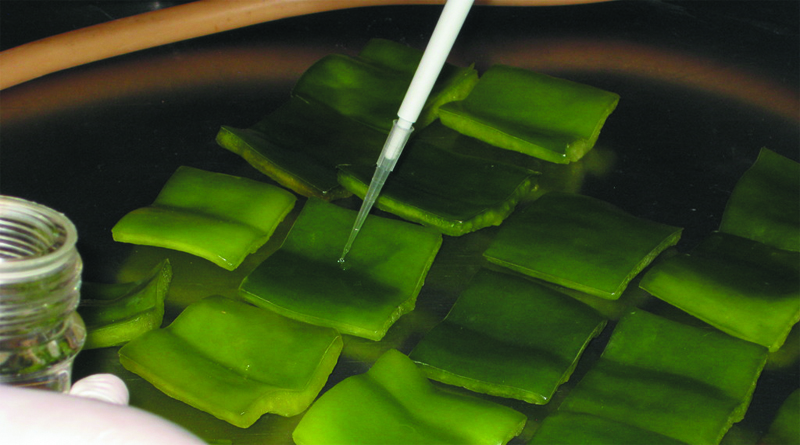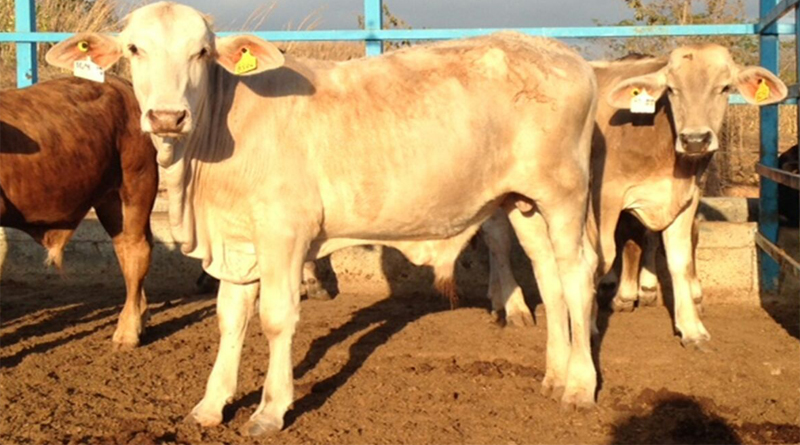Lotus seeds are well known for their use in Asian cuisine. Considered a luxurious ingredient, they are used as a paste in pastries and desserts in China and Japan. Lotus seeds, sold dried and soaked overnight, can be added directly to soups, congee or other dishes. Renowned for their health benefits, lotus seeds are also a common ingredient in traditional Chinese medicinal foods.
But the initial jump to the snack aisle wasn’t an easy one to make, TL Tradewinds Co. Ltd. founder Nitcha Tengprawat Le recalled. When she started her business and launched the Mai Dried Lotus Seeds brand five years ago, Le met with some resistance from retailers to the idea that lotus seeds could answer a need for healthy snacking.
“Most supermarkets are sceptical of the product as lotus seeds were usually deemed as ornaments for temples or shrines. I had to explain the health benefits and consumer demand for the lotus seeds,” she revealed.
Asian appetite
If Le’s first approach to retailers was not greeted with enthusiasm, today it is clear that her perseverance paid off as TL was able to gain listings with the country’s retail multiples. The Mai brand of crispy lotus seeds are available across various retail formats including grocery, mass merchandisers, club and convenience channels.
“TL’s lotus seed snacks are on sale in many famous stores in Thailand, including supermarkets [such as] The Mall, Tops, Golden Place, Big C and Tesco Lotus… [As well as] convenience stores like 7-Eleven and CJ Express,” Le told FoodNavigator.
Demand of the company’s snack line has risen sharply: TL’s growth rate for the last two years stands at “over 100%” per annum. “On a daily basis, our company produces over approximately four metric tons of crispy lotus seeds,” Le revealed. “Lotus seeds are now the new trend in Thai snacking.”
TL has also been able to grow its exports throughout the region and the group sells products in markets such as Vietnam, Malaysia, Singapore, Indonesia, the Philippines, Korea and Japan.
Europe on the radar
Le now plans to continue global expansion. The entrepreneur has identified European markets as ripe for innovation in healthy snacking.
Providing a taste of Thai cuisine, Le believes that the crispy and healthy snack option will prove popular with European consumers who are increasingly interested in better-for-you products and exotic flavours. “TL’s lotus seeds snack are natural and healthy. They can become a new choice for Europeans because healthy snacks are now trending in Europe.”
In particular, suggested that the “rise” of “Asian communities” in Europe are an ideal point of entry for the Asian snack. “TL is targeting the UK, France, Austria and Belgium because these countries have many Asian people and [we are] sure that Asians like to eat lotus seeds.”
TL intends to set a lower retail price point for the lotus seed products than traditional European snacks in order to drive purchase.
Healthy credentials
While pricing will be competitive, the key message to support sales will be the nutritional profile offered by lotus seeds.
“A Lotus seed is a rich source of protein, carbohydrate, calcium and high iron with very low fat. It is still has potent antioxidant component which are good for anti-aging, nourishing your skin and preventing cancer. According to Chinese traditional medicine, it can help protecting your liver from harmful substances such as Aflatoxin which is believed as a main cause of liver cancer. Furthermore, it is beneficial to your kidneys, heart, spleen, joints, and energy as well as it can help reducing excessive heat in your body,” Le claims.
According to the USDA National Nutrient Database, 100 grams of dried lotus seeds supply 332 calories, contain 64% carbohydrates, 2% fat, 15% protein, and 14% water. The seeds are rich in B vitamins, particularly thiamin at 43% of the recommended daily value (DV) as well as dietary minerals, such as manganese (116% DV) and phosphorus (63% DV).
Ethical sourcing
As a social enterprise, Le stressed that empowering farmers while caring for the community and environment are core to TL’s business practices. Located in Surin City, Surin Province, TL sources lotus seeds directly from farmers who plant, grow and harvest the lotus pods.
TL supplies the seeds and organises capacity-building training and research in order to ensure quality production and manufacturing practices.
“I believe in giving back to the farming community. I have always wanted to make a difference, and I see my business as a catalyst to allow me to do that.
“Agri-processing is suitable to promote sustainable growth while minimizing damage to the environment and contributing to the community by providing livelihood to farmers.”
Source: Food Navigator








